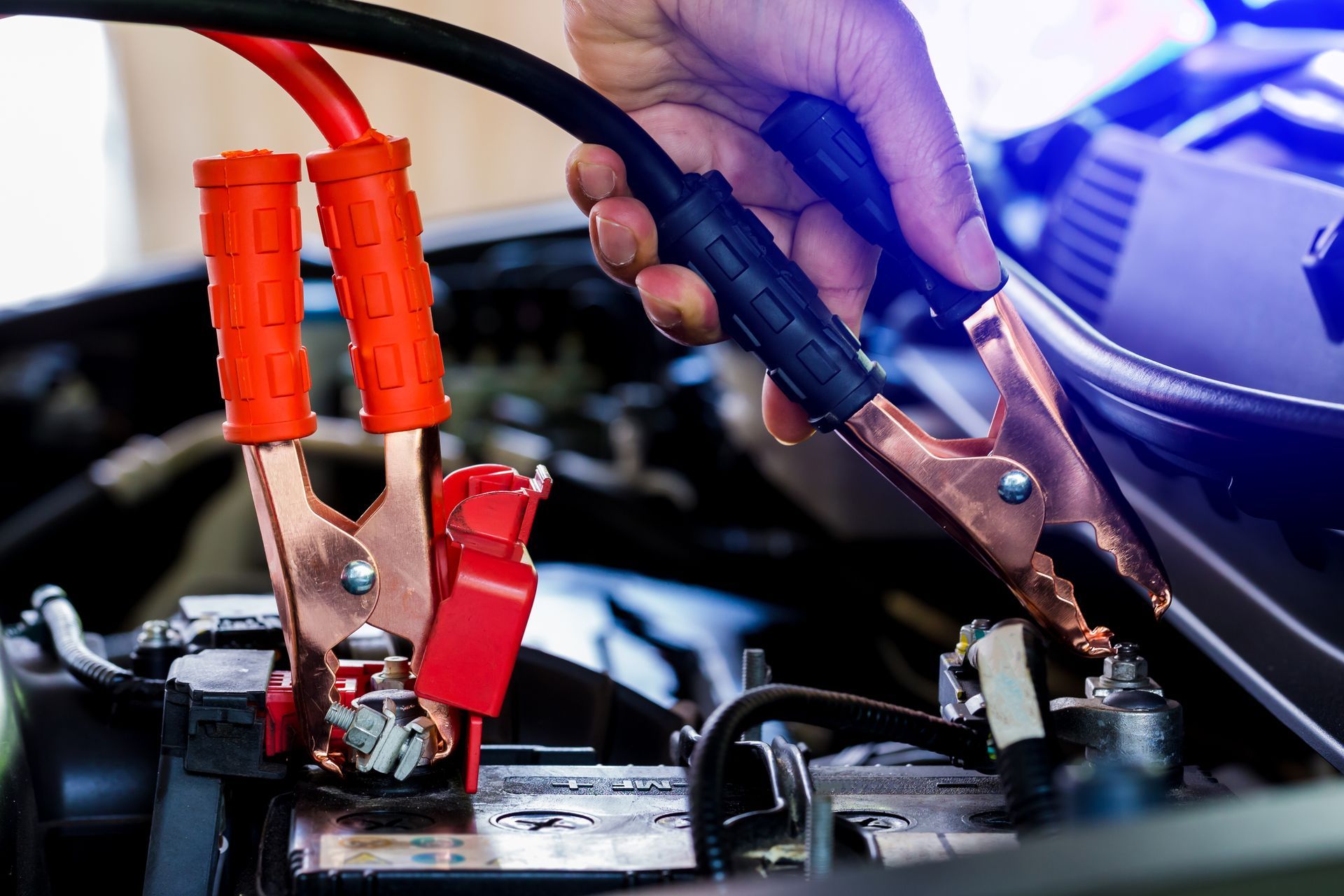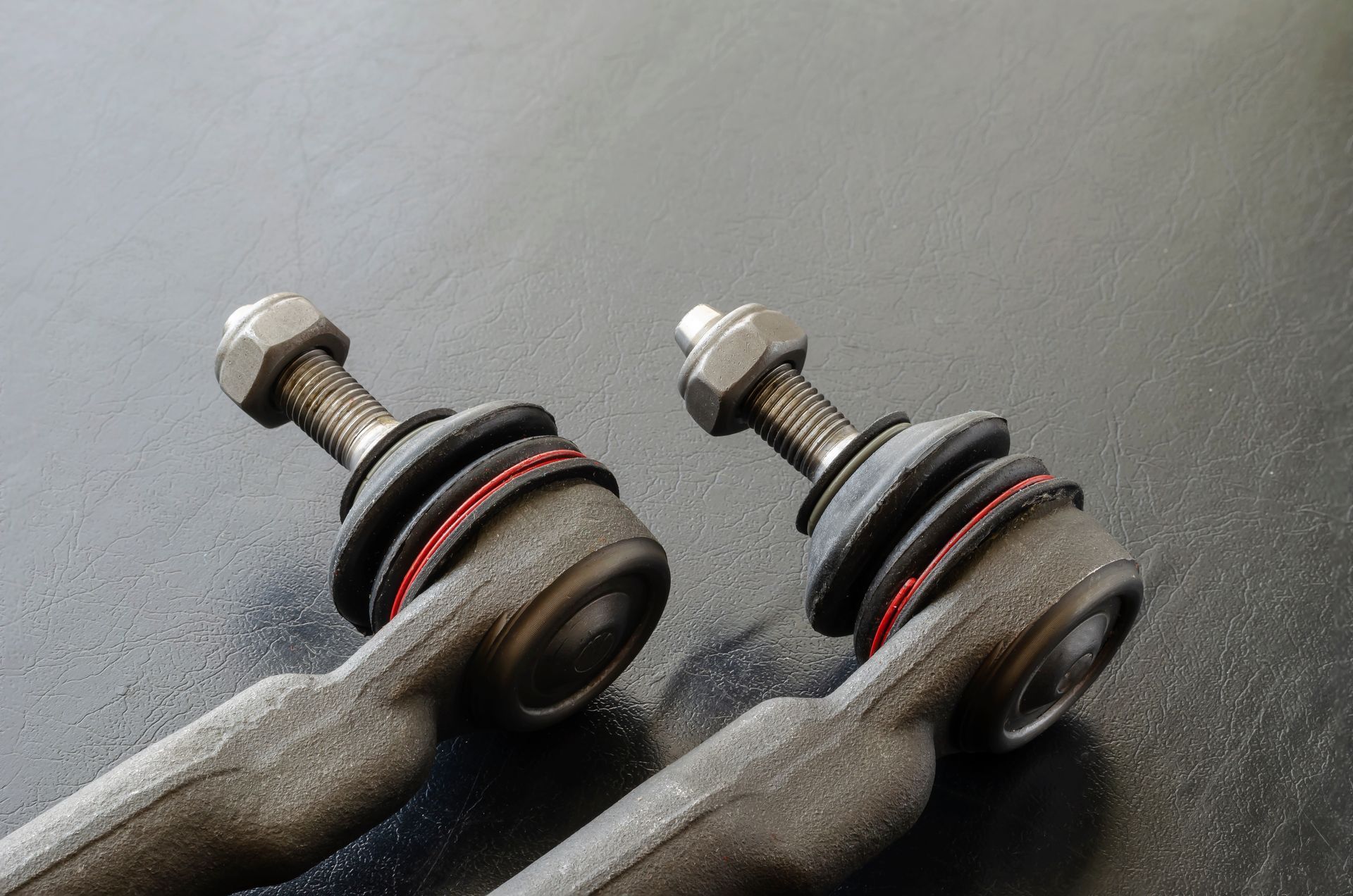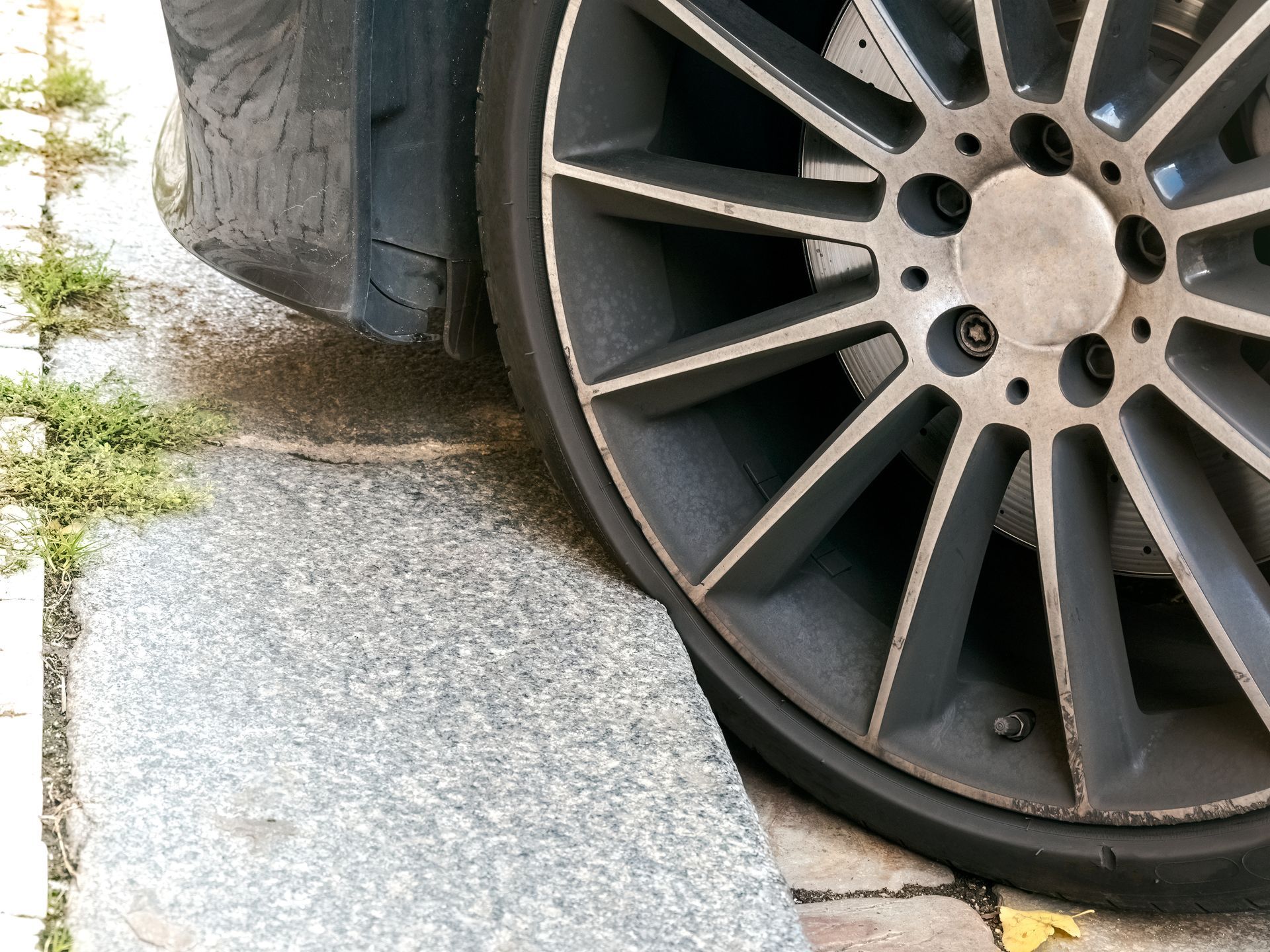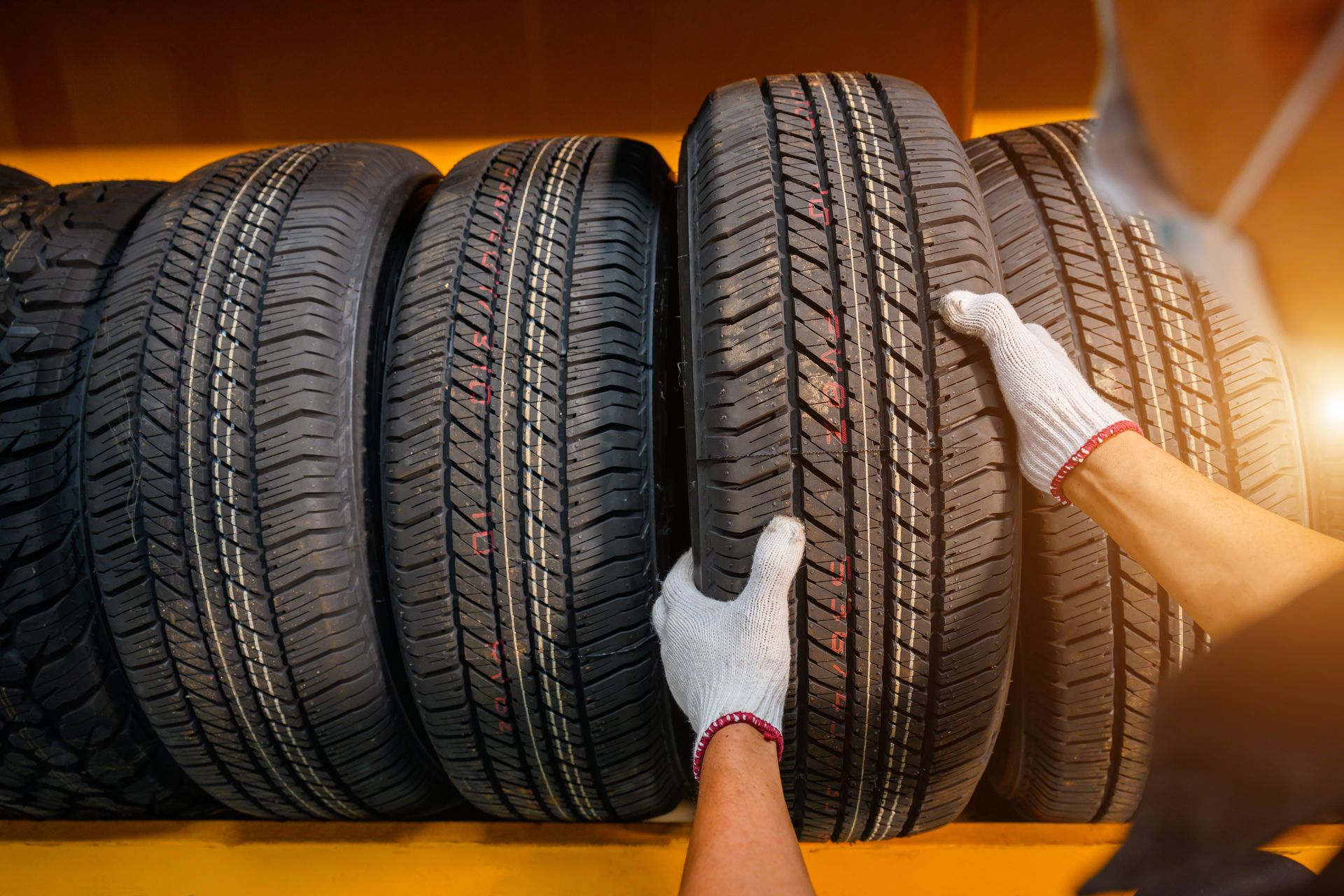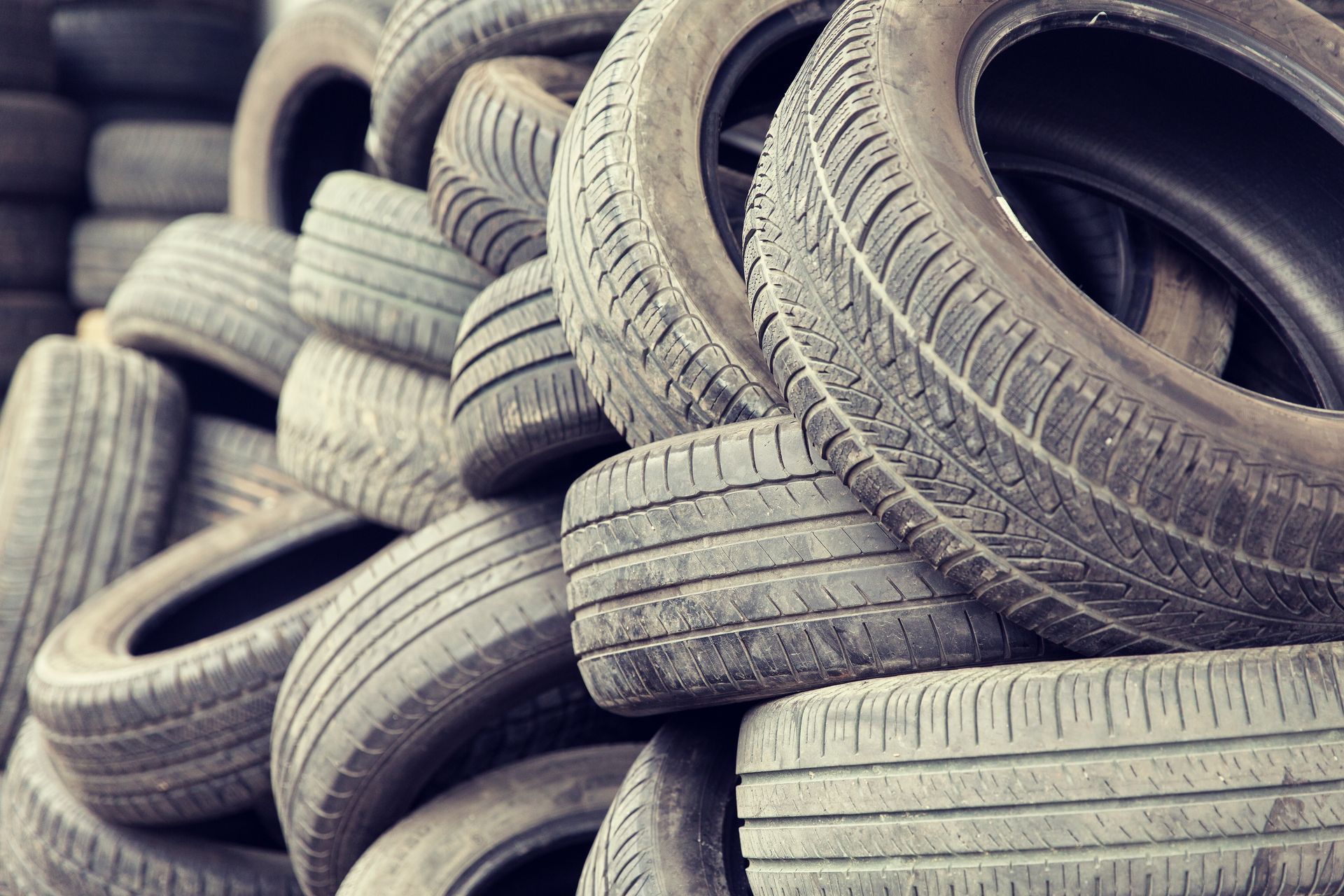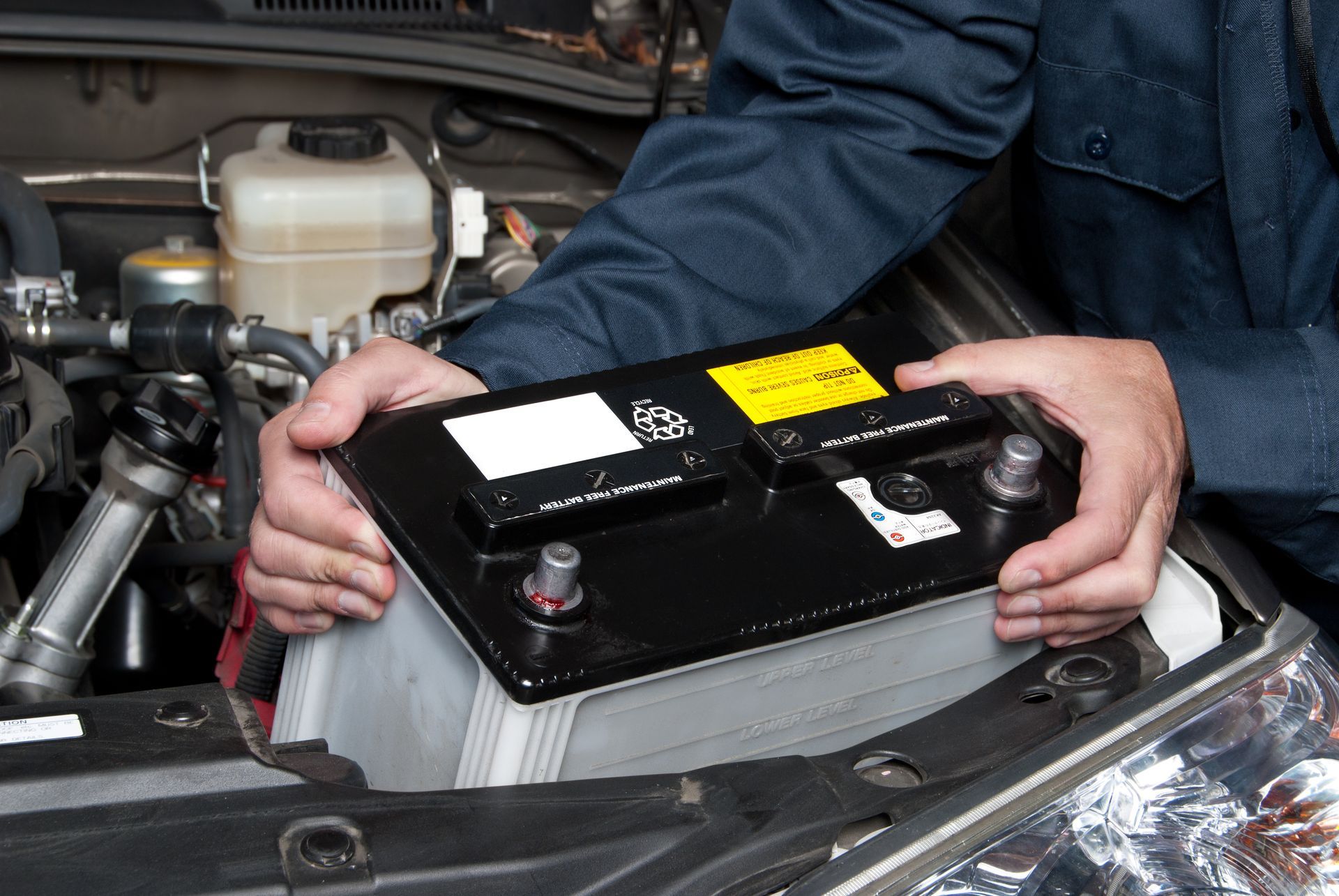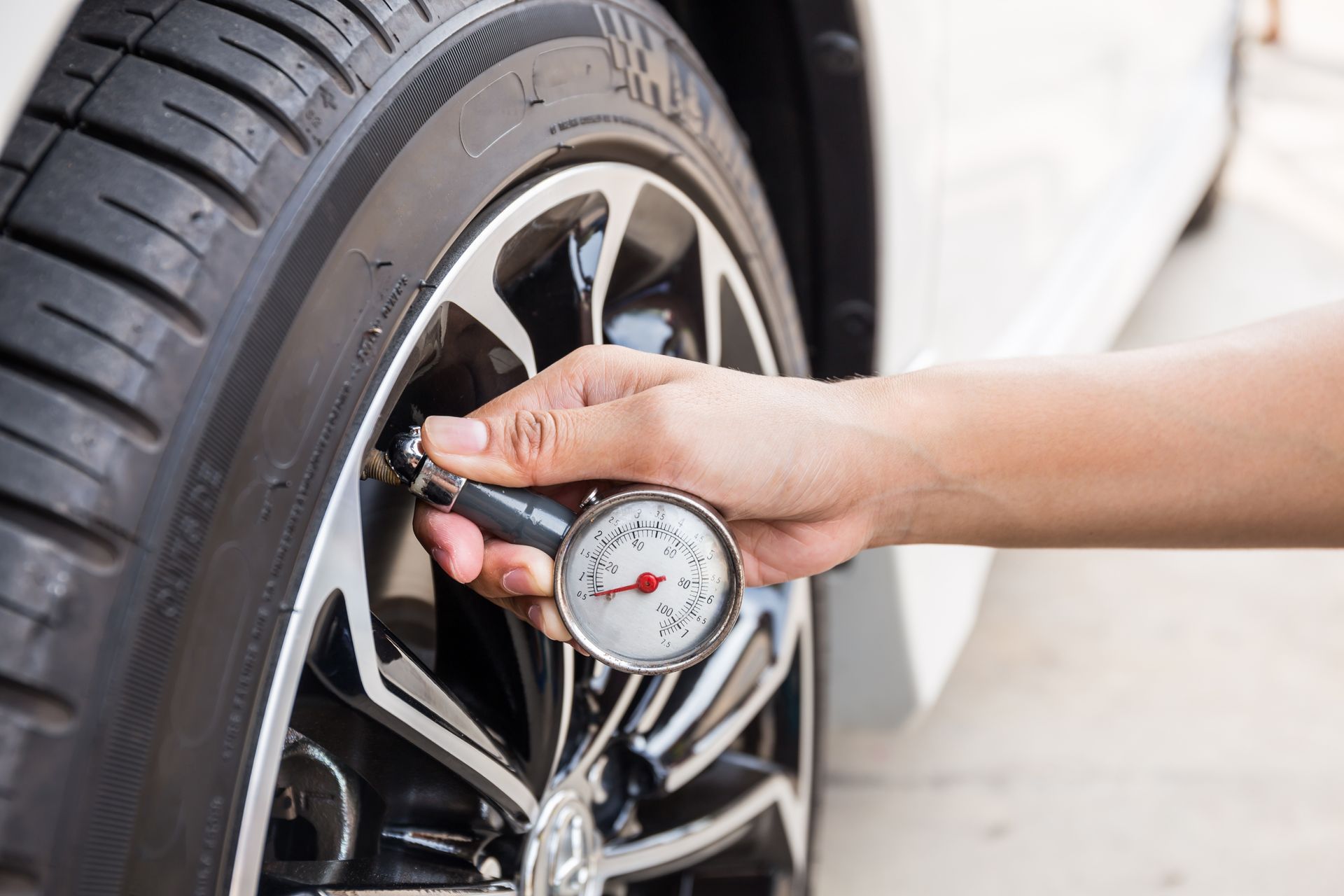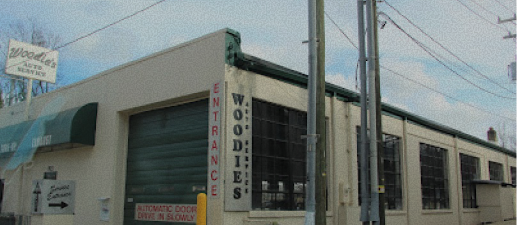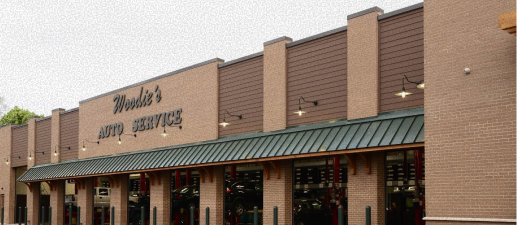What Is the Function of a Car's Differential?
January 31, 2025
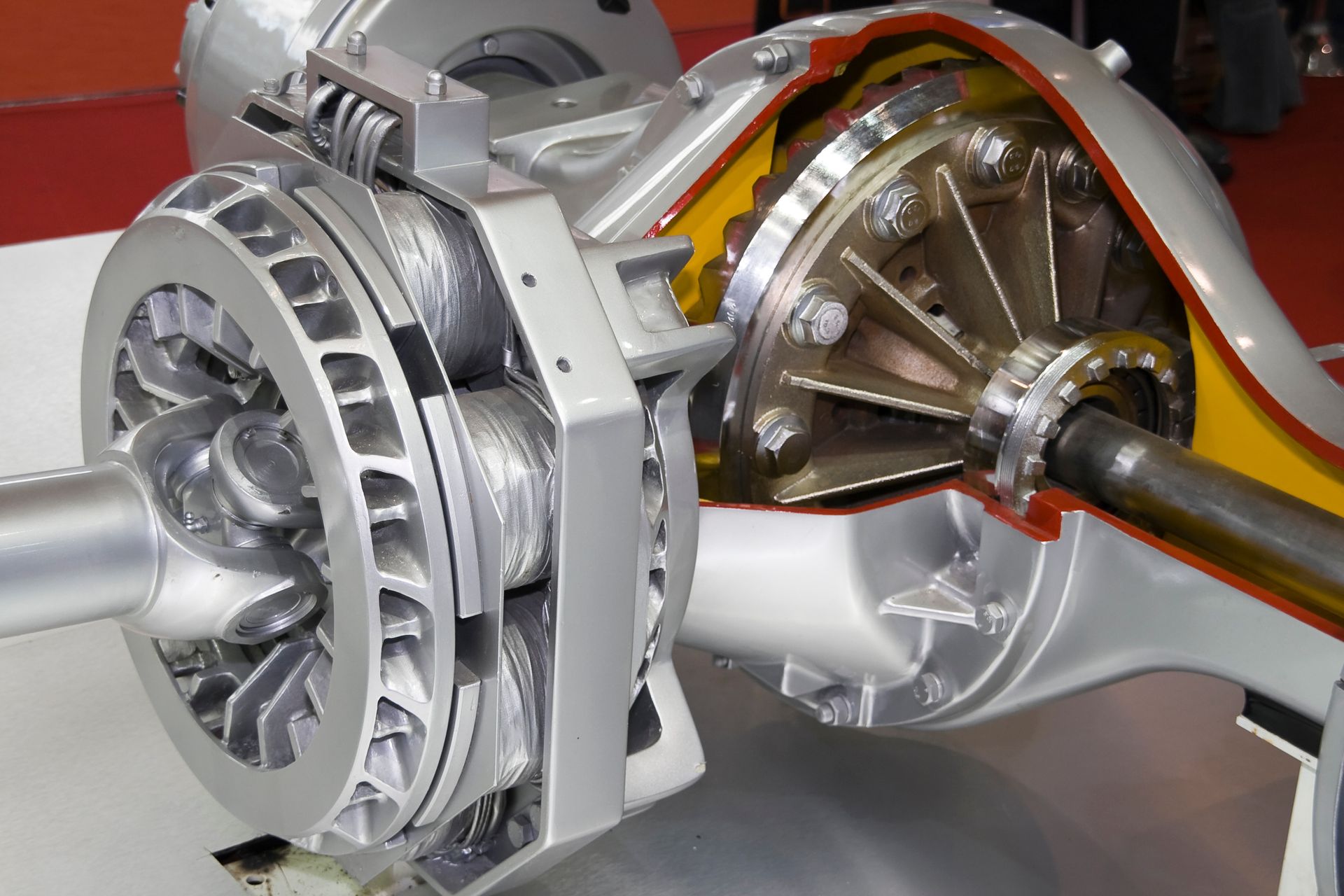
If you've ever wondered how your car is able to turn corners smoothly without dragging its wheels, you can thank the differential. This component often goes unnoticed, but it plays a crucial role in ensuring that your vehicle’s wheels work together effectively. Let’s take a closer look at how a differential operates and why it is so essential for your car’s performance.
What Does The Differential Do
At its core, the differential is a mechanical device that allows your car's wheels to rotate at different speeds while still receiving power from the engine. This might sound complicated, but it’s essential when your car takes a turn.
When your vehicle turns, the inside wheels cover less distance than the outside wheels. Without a differential, all wheels would be forced to rotate at the same speed, causing unnecessary strain and wear on your tires and drivetrain. The differential ensures that power is distributed appropriately to each wheel, allowing for a seamless and efficient driving experience.
How Does the Differential Work
The differential is part of the drivetrain and is typically located between the wheels. It connects to the transmission and directs engine power to the wheels. Inside the differential, a system of gears splits the engine torque and allows each wheel to spin at its own speed.
For instance, when you’re driving straight, both wheels receive equal power and rotate at the same speed. But when you turn, the differential adjusts the power distribution so that the outside wheel, which has a longer path to travel, gets more torque while the inside wheel gets less. This balance is what keeps your car stable and prevents wear and tear on your tires.
Types of Differentials
While the basic function of a differential remains the same, there are several types designed for different driving needs:
- Open Differential: This is the most common type and works well for everyday driving. It balances power between the wheels but can struggle in slippery conditions.
- Limited-Slip Differential: Ideal for performance cars, this type limits the speed difference between the wheels to improve traction on uneven surfaces.
- Locking Differential: Often found in off-road vehicles, this type locks the wheels together so they spin at the same speed, providing maximum traction.
- Torque-Vectoring Differential: Found in high-end vehicles, this system uses advanced technology to actively distribute torque to the wheels that need it most.
Each type has its own advantages, so the right choice depends on your vehicle and driving habits.
Signs of a Faulty Differential
Like any other part of your car, the differential can wear out or fail over time. Here are some common signs that something might be wrong:
- Unusual Noises: Hearing grinding, whining, or clunking noises from the drivetrain could indicate worn gears or bearings in the differential.
- Difficulty Turning: If your car struggles to make turns or feels unstable, it could be a sign of a failing differential.
- Leaking Fluid: The differential requires lubrication to function properly. If you notice oil leaks near the axle, it’s time to get it checked.
- Excessive Tire Wear: Uneven or rapid tire wear can sometimes be traced back to a malfunctioning differential.
If you notice any of these symptoms, it’s important to address the issue promptly to avoid further damage.
Why Your Differential Needs Maintenance
Regular maintenance is key to keeping your differential in top shape. Over time, the oil inside the differential, known as gear oil, can break down or become contaminated. This reduces its ability to lubricate the gears, leading to increased friction and wear.
Most manufacturers recommend changing the differential oil at specific intervals, usually every 30,000 to 60,000 miles, depending on your vehicle and driving conditions. Regular inspections can also catch potential problems early, saving you from costly repairs.
The Role of the Differential in North and South Carolina Roads
Driving in states like North and South Carolina, where road conditions can vary from urban streets to scenic mountain routes, puts different demands on your vehicle. A well-maintained differential ensures your car remains responsive and reliable, whether you’re navigating tight city turns or cruising along winding highways.
Keep your car running at its best with professional differential services from Woodie's Auto Service & Repair Centers. Contact us now for quality care and peace of mind.
